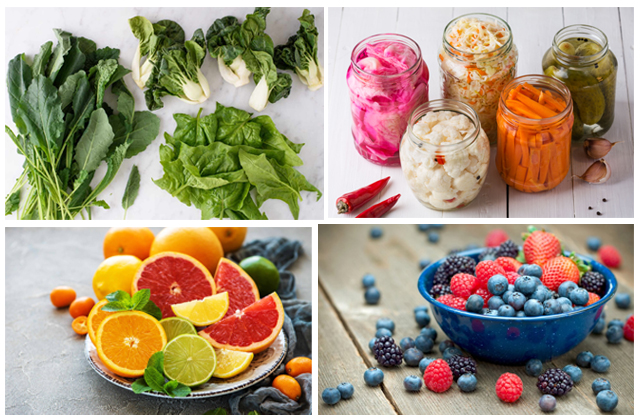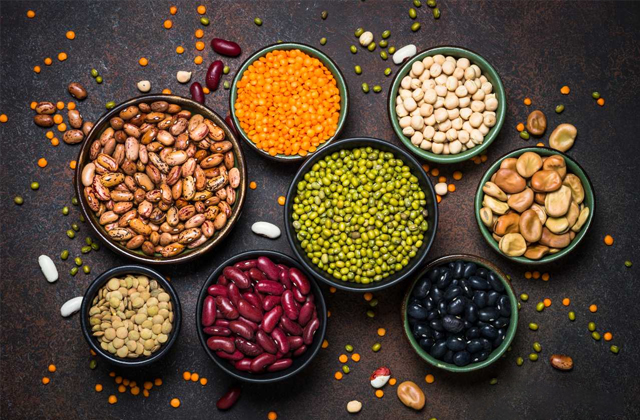Everyone wants a balanced diet, yet it is impossible to have meals that contain all the nutrients. For example, food may be a good source of protein or fiber but deficient in specific vitamins. Another can be rich in antioxidants but lacking particular nutrients, our bodies require.
What are Superfoods?
Superfoods are substances that are incredibly rich in nutrients. They can therefore provide you with many nutrients while consuming fewer calories. They are rich in minerals, vitamins, and antioxidants, which all your body requires. Antioxidants, organic compounds included in some meals, assist in scavenging free radicals from our systems. Free radicals, which are organic byproducts of energy synthesis, can damage our bodies. Antioxidant molecules mitigate or counteract the effects of free radicals, which are closely linked to problems like:
- Heart disease
- Cancer
- Arthritis
- Stroke
- Respiratory diseases
- Immune deficiency
Superfoods to Eat Daily
Oatmeal can be colored by adding berries or nuts. Here are some superfoods that you can consume daily!
- Blueberries
Blueberries are a great source of antioxidants, fiber, manganese, and vitamin K. These might reduce blood pressure and guard against cardiac problems.
- Goji Berries
They are tiny red berries rich in flavonoids and vitamins C and E. Are your kidneys, eyes, and liver in good health? Get the health advantages of this superfood by eating it.
- Leafy Greens
Kale, spinach, and collard greens are three leafy green superfoods. According to the expert, these meals are abundant in vitamins like A, C, E, and K and carotenoids, iron, magnesium, potassium, and calcium.
- Salmon
Salmon and other fatty fish, such as trout and herring, contain many omega-3 fatty acids, which can lower cholesterol and the risk of irregular heartbeats (benefits of eating fish).
- Nuts
Suitable sources of plant protein include nuts like almonds and walnuts. Also, they contain monounsaturated fats, which may lower the risk of heart disease.
- Cruciferous Vegetables
They include foods like turnips, kale, collard greens, broccoli, cabbage, and cauliflower. Cruciferous vegetables contain phytochemicals such as indoles, nitriles, and thiocyanates and are a great source of fiber.
- Seeds
You can choose healthy foods like flaxseeds, chia, sunflower, or pumpkin seeds. Consuming seeds has been associated with lower cholesterol rates, high blood pressure, and cardiovascular disease.


